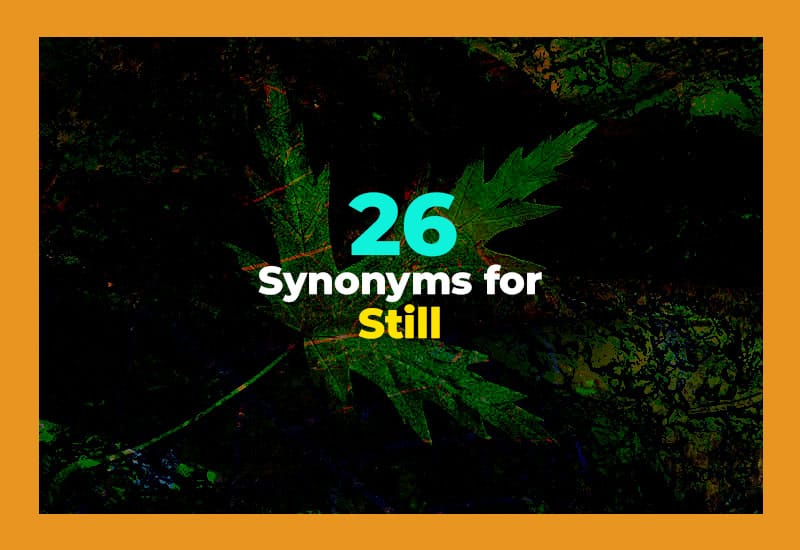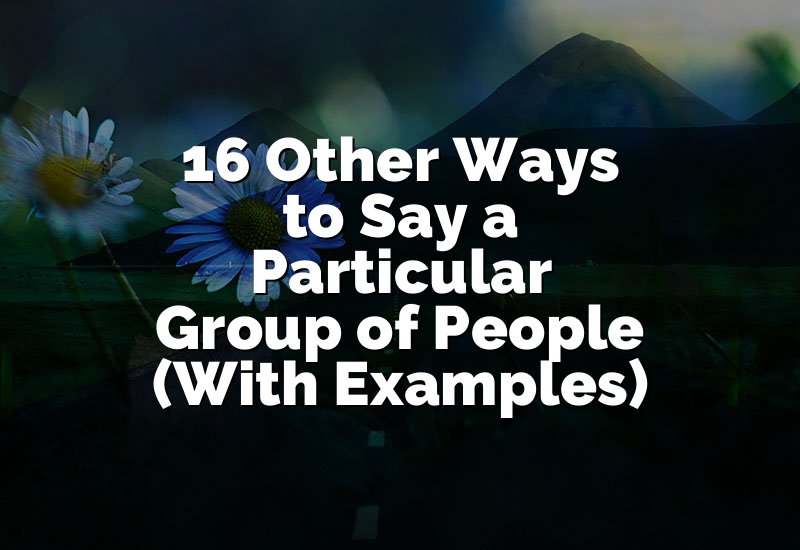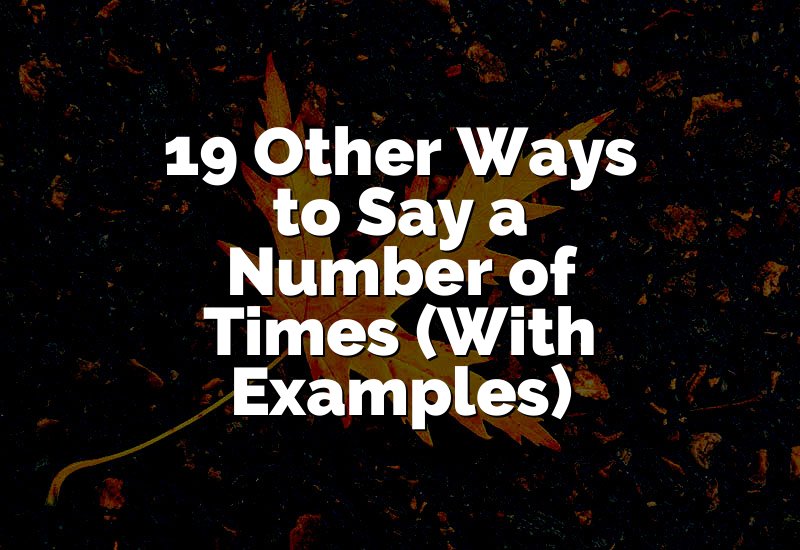You know how sometimes you need another word for “still”? Maybe you want your writing to sound fresh or just different. In this article, we will explore 26 synonyms for “still” like “quiet”, “motionless”, and “peaceful”. You will see easy meanings and examples so everything feels natural.
| Synonym | Meaning | Example |
|---|---|---|
| Quiet | Free from noise | The room was quiet after the music stopped. |
| Motionless | Not moving | She stayed motionless during the game. |
| Calm | Peaceful and relaxed | His voice was calm in the meeting. |
| Silent | No sound at all | The night was silent in the countryside. |
| Unmoving | Not showing movement | The statue stood unmoving in the park. |
| Peaceful | Free from disturbance | The garden looked peaceful in the morning. |
| Tranquil | Very calm | The lake was tranquil at sunrise. |
| Frozen | Stopped as if frozen | He stood frozen in surprise. |
| Stagnant | Not flowing or moving | The pond water was stagnant. |
| Inactive | Not active | The machine was inactive for hours. |
| Hushed | Very quiet | The crowd grew hushed before the show. |
| Stationary | Staying in one place | The car remained stationary at the light. |
| Unruffled | Not worried or upset | She seemed unruffled by the problem. |
| Placid | Calm and peaceful | The child had a placid smile. |
| Restful | Giving rest or calm | The restful scene helped me relax. |
| Undisturbed | Not bothered | He slept undisturbed through the night. |
| Dormant | Sleeping or inactive | The volcano is dormant now. |
| Serene | Calm and untroubled | Her face looked serene under the stars. |
| Stilled | Made to stop moving | The music stilled when the lights went out. |
| Static | Not changing or moving | The situation stayed static for years. |
| Halting | Stopping or pausing | His voice was halting as he spoke. |
| Slow | Not fast or quick | The slow train seemed endless. |
| Waiting | Staying until action | She was waiting quietly by the door. |
| Paused | Stopped for a short time | The movie paused for a break. |
| Stopped | Came to a halt | The rain finally stopped in the afternoon. |
| Standstill | Complete stop | Traffic was at a standstill today. |
Quiet
When we say “quiet,” we think of a place without noise. It feels soft, gentle, and calm. Quiet can also mean a moment when things slow down. It gives you space to breathe. You may find quiet in your room, in nature, or even inside yourself. Many people enjoy quiet because it feels peaceful and refreshing. It is often the opposite of busy or loud moments, and it helps people rest and think clearly.
- The library was so quiet that you could hear a pin drop.
- Everyone stayed quiet while she was speaking.
- The baby finally fell asleep in the quiet room.
Motionless
Motionless means not moving at all, almost like being frozen in one spot. It can describe a person, an object, or even animals. Sometimes people stay motionless when they are shocked, surprised, or deep in thought. At other times, it may mean someone is hiding or waiting. Motionless moments are often powerful because they show stillness and focus. Think about statues, animals watching prey, or even friends pausing during a game. They all can look motionless.
- She stood motionless in front of the mirror.
- The cat was motionless while watching the bird.
- He stayed motionless when he heard the strange noise.
Calm
Calm describes a state when everything feels relaxed, soft, and under control. People love calm moments because they make us feel better inside. Calm can describe a person who handles things smoothly without stress. It can also describe nature, like a calm sea or calm weather. When something is calm, it does not feel rushed or noisy. It is a gentle way to describe peace, balance, and quiet feelings that give comfort and ease.
- The sea was calm after the storm ended.
- She answered the question in a calm voice.
- His calm nature made others feel safe.
Silent
Silent means no sound at all, not even a little. A silent room, street, or place feels very still. People often stay silent when they do not want to disturb others or when something important is happening. Silent moments can be serious, peaceful, or even tense depending on the situation. Sometimes silence speaks louder than words, showing emotions like sadness, fear, or respect. Silent places can also feel special because they carry mystery and calm.
- The classroom was silent before the test began.
- He walked through the silent forest.
- She kept silent during the whole meeting.
Unmoving
Unmoving is another way to say something or someone is not showing any motion. It is often used to describe things like statues, machines, or people when they are still. Unmoving can also describe faces that do not change expressions. It creates a sense of steady and solid presence. Sometimes it feels heavy, like time is standing still, but other times it feels peaceful. An unmoving thing stays fixed, making it seem strong and steady in place.
- The mountain stood unmoving for centuries.
- His face was unmoving even during the joke.
- The car was unmoving in the driveway.
Peaceful
Peaceful is a warm word that makes us feel safe and relaxed. It describes places, people, or times that are full of harmony. A peaceful moment often means no trouble, no stress, and no fighting. Many people love peaceful scenes like gardens, beaches, or evenings. It gives a sense of comfort and balance. Peaceful feelings are like a soft hug for the mind. When something is peaceful, you can breathe deeply and feel at ease in life.
- The countryside was peaceful at dawn.
- His peaceful smile made everyone calm.
- They enjoyed a peaceful walk by the lake.
Tranquil
Tranquil feels like a soft, calm state where nothing disturbs you. It is often used to describe nature, like a tranquil sea, garden, or sky. It gives the feeling of smoothness and gentle flow. Tranquil moments are often cherished because they feel rare in busy life. They remind you of quiet mornings, resting evenings, or gentle breezes. Tranquil brings peace to both the eyes and the heart. It feels gentle, soft, and very comforting to anyone experiencing it.
- The lake looked tranquil under the moonlight.
- He enjoyed the tranquil moment on the porch.
- The tranquil air filled the valley.
Frozen
Frozen means stiff or stopped, just like ice. It can describe someone who stops moving because of fear, surprise, or shock. It can also describe something literally covered in ice. When we say someone looks frozen, it often means they cannot act or speak. Frozen can bring strong pictures to mind because it feels sudden and powerful. It shows complete stillness, either from cold or from emotions that stop a person from moving forward or doing anything.
- She was frozen with fear during the storm.
- The lake was frozen in the winter cold.
- He stood frozen after hearing the bad news.
Stagnant
Stagnant describes something that does not flow, move, or change. It is often used for water that does not move and can become dirty. However, stagnant can also describe situations in life, like a stagnant job or routine that feels stuck. When things are stagnant, they lack growth or energy. It brings a picture of something that is still for too long, without freshness. People often want to move away from stagnant feelings or situations.
- The pond water was stagnant in summer.
- His career felt stagnant after many years.
- The air in the room grew stagnant.
Inactive
Inactive means not taking action or not moving. It is used for machines, people, or even times when things slow down. An inactive person may be resting or not working. An inactive machine means it is turned off or stopped. Inactive can sometimes mean lazy, but not always. Sometimes inactivity is needed for rest. It is the opposite of active, showing stillness and pause. It brings to mind waiting, resting, or standing by quietly without much energy.
- The phone was inactive during the flight.
- He was inactive for weeks after his injury.
- The volcano has been inactive for years.
Hushed
Hushed means quiet in a soft and gentle way, often because people lower their voices. It usually happens when something important is about to begin, like a show or a ceremony. A hushed room feels filled with expectation, respect, or even mystery. It makes people pay attention and stay calm. A hushed sound is never loud, but soft and low. It gives the moment a special tone, almost magical in how it changes the air.
- The hushed audience waited for the play.
- She spoke in a hushed voice.
- The hushed street felt peaceful at night.
Stationary
Stationary means staying in one place without moving. It can describe objects like cars, bikes, or people who are standing still. A stationary item does not show any activity or movement. It gives the sense of being steady, fixed, and not going anywhere. Sometimes stationary things can feel safe, while other times they can feel stuck. It is useful to describe moments when something is paused, waiting, or simply not moving forward. It feels firm and steady.
- The bus remained stationary at the stop.
- She stood stationary in front of the painting.
- The soldier stayed stationary during training.
Unruffled
Unruffled describes someone who does not get upset, worried, or shaken. It shows a calm, easy attitude even when things around might be stressful. An unruffled person handles pressure with grace. It can also mean smooth or not disturbed, like water that stays unruffled. This word gives a picture of control and peace. It is a good way to show a person who stays strong, steady, and cool, no matter what problems come their way.
- He remained unruffled during the argument.
- She answered the tough question unruffled.
- The unruffled water reflected the sky.
Placid
Placid means calm, peaceful, and gentle, without disturbance. It is often used for nature, like a placid lake or placid weather. People can also be placid when they are easygoing and do not get upset quickly. It gives the sense of smoothness and soft flow. Placid scenes feel relaxing and simple, almost like a dream. This word paints a picture of quiet beauty, something that feels steady and easy on the heart and mind.
- The placid sea shone in the sun.
- His placid nature made him loved.
- The child gave a placid smile.
Restful
Restful brings the idea of comfort and relaxation. It describes moments, places, or feelings that help you rest deeply. A restful night of sleep means you feel fresh after waking up. Restful can also describe scenes that look calm, like a garden or a quiet park. It carries warmth and softness, giving your mind and body time to heal. Restful times are cherished because they help us feel strong again after busy or stressful days.
- The chair was restful and cozy.
- She enjoyed a restful afternoon nap.
- The restful view calmed his heart.
Undisturbed
Undisturbed means not interrupted, not touched, and not bothered. It is often used for sleep, peace, or quiet places. An undisturbed area is one where nothing changes or harms it. People love undisturbed moments because they allow focus, rest, or peace. It feels like being safe in your own space. Undisturbed can also show respect, like leaving nature or someone alone without causing trouble. It creates a soft, secure, and steady picture in the mind.
- He enjoyed undisturbed sleep last night.
- The forest remained undisturbed by humans.
- She worked undisturbed for hours.
Dormant
Dormant means sleeping, resting, or not active for a time. It can be used for volcanoes, plants, or even people waiting before acting. Dormant does not mean gone, but just resting until the right time. It creates an image of pause and hidden energy. Sometimes dormant things return strongly later. Dormant is a word full of patience and waiting, showing things that may wake up again in the future after being still for a while.
- The volcano is dormant for now.
- Seeds lie dormant until spring.
- His plans were dormant for years.
Serene
Serene describes a very calm and peaceful feeling, often with beauty in it. It shows quietness that feels almost pure. A serene sky, face, or place gives you comfort and joy. People love serene moments because they bring deep rest inside. Serene feels more than just quiet; it feels graceful and almost perfect. This word can make you imagine bright skies, soft smiles, or gentle mornings where everything feels in harmony and truly at peace.
- Her face looked serene in the candlelight.
- They walked in the serene garden.
- The mountain air was serene.
Stilled
Stilled means something was made to stop moving. It can be used for sounds, movements, or even emotions. For example, music can be stilled when it stops suddenly. A stilled room often feels calm or tense depending on the moment. It shows that something that was once moving has now come to rest. This word can be powerful, giving a sense of sudden pause, almost like freezing time for just a short moment.
- The crowd stilled as he spoke.
- Her laughter stilled when she saw him.
- The music stilled after the lights went out.
Static
Static describes something that does not change or move. It feels fixed, steady, and unchanging. Sometimes static can feel boring, like a situation that never improves. Other times, it can feel safe because nothing unexpected happens. Static can also be used in science to describe electricity, but in daily life, it means stillness. It carries the sense of time or moments that stay the same without showing growth, movement, or development in any way.
- The picture stayed static on the screen.
- His life felt static without new goals.
- The machine was static during the test.
Halting
Halting means stopping and starting again, like pauses that break the flow. It is often used for speech when someone talks slowly or with breaks. It can also describe walking in a broken rhythm, like a halting step. Halting gives the feeling of something unsure, shaky, or not smooth. However, it also shows effort and struggle, which can be meaningful. Halting moments show life is not always smooth but sometimes full of stops and starts.
- He spoke in a halting voice.
- The old man took halting steps.
- Her halting reply showed she was nervous.
Slow
Slow means not fast, moving gently or taking time. It can describe people, objects, or actions. Slow things often bring calm because they do not rush. Sometimes slow feels frustrating, but other times it feels soothing, like a slow walk in the park. Life often feels better when it slows down for a moment. Slow is opposite of fast, and it gives a sense of ease, softness, and time to breathe during busy days.
- The turtle moved slow across the path.
- He gave a slow smile.
- The slow song made everyone relax.
Waiting
Waiting means staying in one place until something happens. It is a common kind of stillness because the person is paused until the right time comes. Waiting can feel long and hard, but it can also be hopeful. People wait for buses, answers, or special events. It creates a picture of patience, pause, and hope. Waiting is often full of emotions because it connects with desire, dreams, or simple pauses in everyday life.
- She was waiting by the door.
- He kept waiting for the phone to ring.
- They were waiting in line at the shop.
Paused
Paused describes a moment when something stops for a short time but may continue again soon. It can be used for movies, games, or even people who take a break. A paused action is never final; it is just a little stop. Paused creates a sense of waiting, holding, and resting. It often brings relief, giving time to think before continuing. It is gentle stillness, like catching a breath before moving forward again in life.
- The movie paused in the middle.
- He paused before answering.
- The music paused as she entered.
Stopped
Stopped means something has come to an end or halt. It shows complete stillness after motion. A stopped car, clock, or person is no longer moving. It feels final, strong, and clear. Stopped moments can be surprising or expected, but they always bring a change. When something stops, you know the movement is over. It can feel peaceful or even sad, depending on the moment. Stopped is simple, direct, and powerful in daily life.
- The rain stopped suddenly.
- She stopped to tie her shoe.
- The bus stopped at the station.
Standstill
Standstill means a complete stop where nothing moves. It feels like everything is frozen in time. Traffic, work, or even life can come to a standstill. It describes moments when there is no progress at all. Standstill can feel heavy, but it also shows deep stillness. It is a strong word to describe being stuck or paused completely. A standstill makes you notice the lack of motion very clearly, almost like the world has paused.
- The cars were at a standstill in traffic.
- Talks came to a standstill.
- The city was at a standstill during the storm.

Final Thoughts
We explored 26 different ways to say “still,” and each word brings its own special feeling. From quiet and calm to frozen and waiting, every synonym gives a new color to your thoughts. Using these words helps bring variety and emotion. Next time you want to say “still,” try one of these and notice how it changes the mood beautifully.









